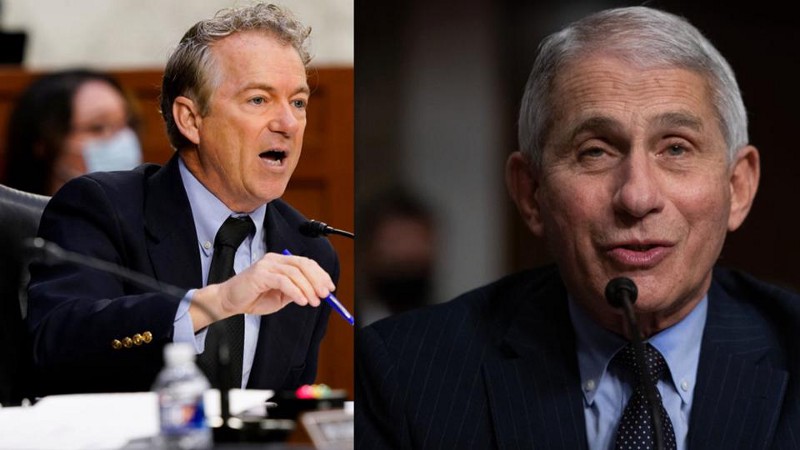Bonnie Bassler: The truth, when I read about these outbreaks of bacteria in the newspaper, in the cereal industry, in the alfalfa industry, tomatoes, hamburgers, my feeling of course is the same as yours, it is dangerous, right. I don't want to eat that tomato because I don't have any special property that makes me better at dealing with that bacteria than you, so I have that reaction. The same reaction i think anyone has when they read about those, except that I think the reaction that i don't have is the one where people think everyone is getting worse, there are all those pathogens, that's not true. These pathogens have been on this Earth, or these bacteria, for billions of years, and the reason we read about them in the newspaper is not because bacteria have changed and gotten worse, it is because technology or industry or the environment has changed and we are coming in contact with a bacterium that has just been hanging around for billions of years, but we're in contact with it and our immune system does not know how to deal with it. And, so, I think the E. coli 0157 is a great example of that. It used to be if a farmer's cow are E. coli 0157, and the cow got infected, and the farmer and his family ate it, it would be unfortunate, but it would not end up in a thousand hamburgers all over the country. That's because industry has changed, right, and so these sort of blips that we see are not because the bacteria are getting worse, and that is the thing I think that most people don't understand when they read in the newspaper about the salmonella or E. coli, it is just that the technology has changed that has smacked us up against them. And I'm not saying we should not fix it, we should, but I just wish people would see that bacteria are not getting worse and worse, that is not what is happening, right, that's been going on for billions of years.
Question: Can farmers prevent these outbreaks?
Bonnie Bassler: No, I don’t think that-- I would never, there is a whole editorial on how we how beef or things like that, right, which is not my expertise at all. So each of us makes personal decisions about the food we want to eat based on those things, but I think that, you know, we are not going to go back to subsistence farming, right? I mean, it was going to be industrialized, and so I do think that there are rather easy preventions by monitoring and spending money on surveillance and monitoring that can fix, for the most part, these problems. And so I think that each time that we have these unfortunate episodes, in fact, it does, except for the hysteria that happens, it does actually help us to strengthen the infrastructure to have better quality healthy food, and there certainly is a movement, you know, people are not going to tolerate that, right, and so I think that all of that works together. And the problem with it is that the bacteria gets the blame as opposed to how we humans are choosing to process food. And so that is the only, to me, like misconception about where the blame should land.
Recorded on: 6/17/08





